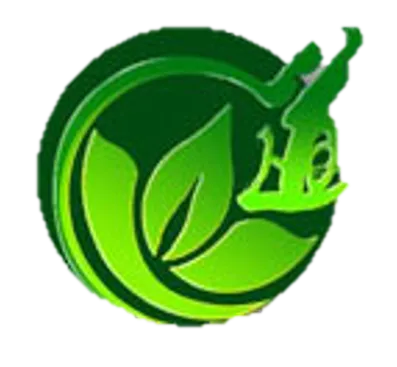Hypertension
Hypertension – A Traditional Chinese Medicine Perspective
Calming the Liver, Regulating Qi, and Nourishing the Organs
Hypertension, commonly known as high blood pressure, is a widespread condition in Western medicine that increases the risk of heart disease, stroke, and kidney failure. In Traditional Chinese Medicine (TCM), while there is no exact equivalent term for "hypertension" in classical texts, the symptoms and underlying causes are addressed under categories such as “Liver Yang Rising” (肝阳上亢), “Phlegm-Damp Obstruction” (痰湿阻络), and “Kidney Deficiency” (肾虚).Rather than focusing solely on blood pressure numbers, TCM sees hypertension as a manifestation of internal organ disharmony, Qi imbalance, and emotional dysregulation. Treatment aims to restore systemic balance, prevent complications, and support long-term health through personalized herbal medicine, acupuncture, dietary therapy, and lifestyle regulation.
🔹 TCM Understanding of Hypertension
According to TCM, the Liver, Kidney, Heart, and Spleen play central roles in blood pressure regulation:
The Liver governs the smooth flow of Qi and stores Blood. When Liver Qi stagnates due to stress or emotions, it transforms into Liver Yang Rising or Liver Fire, which pushes pressure upward.
The Kidneys anchor Yang and store Essence. When Kidney Yin or Yang is deficient, it fails to balance Liver Yang.
The Spleen controls transformation of food and fluids. If weakened, it may produce Phlegm and Dampness, which obstruct Qi flow and circulation.
The Heart governs the Blood and houses the mind (Shen). Emotional stress can affect the Heart and contribute to hypertension.
🔹 Common TCM Patterns in Hypertension
✅ Liver Yang Rising
This is the most frequent TCM pattern associated with high blood pressure, especially in people under stress.Symptoms: Headache (temples or top of head), dizziness, red face, irritability, insomnia, tinnitus, bitter taste in the mouth
Treatment Principle: Subdue Liver Yang, calm the Shen, anchor Yang with Yin
✅ Liver and Kidney Yin Deficiency
Common in middle-aged and elderly patients, or those with chronic hypertension.Symptoms: Dizziness, tinnitus, dry mouth and throat, low back weakness, night sweats, palpitations, blurred vision
Treatment Principle: Nourish Liver and Kidney Yin, calm Yang
✅ Phlegm-Damp Obstruction
Common in patients with obesity, fatigue, and poor digestion. Excess fluids and phlegm obstruct the flow of Qi and Blood, causing pressure to rise.Symptoms: Heaviness, chest tightness, dizziness, nausea, brain fog, swollen tongue with greasy coating
Treatment Principle: Transform Phlegm, drain Damp, open channels
✅ Blood Stasis
In chronic or severe cases, poor circulation leads to Blood stagnation, which causes resistant or secondary hypertension.Symptoms: Fixed stabbing headaches, purple lips, dark complexion, chest pain, forgetfulness
Treatment Principle: Invigorate Blood, remove stasis, open collaterals
🔹 Acupuncture Therapy for Hypertension
Acupuncture is frequently used in TCM to calm the nervous system, regulate Qi and Blood, and balance Yin and Yang. Regular acupuncture sessions may help reduce blood pressure and prevent related symptoms such as dizziness, headaches, or anxiety.
🔹 Lifestyle and Dietary Guidance in TCM
Avoid: Spicy, greasy, alcohol, stimulants, and late-night stressFavor: Bitter greens (dandelion, celery), barley, lotus leaf tea, hawthorn berry
Support emotional health: Practice qigong, meditation, or slow breathing
Exercise gently: Tai chi or walking to move Qi and relax the Liver
Sleep regularly: Nighttime is when Liver and Kidney systems replenish Yin
✅ Conclusion
From a Traditional Chinese Medicine perspective, hypertension is not just about the numbers—it's a signal of internal disharmony, particularly involving Liver Yang, Kidney Yin, and Qi stagnation. TCM approaches high blood pressure holistically, seeking to restore harmony, prevent complications, and improve overall vitality through herbs, acupuncture, emotional regulation, and balanced living.
